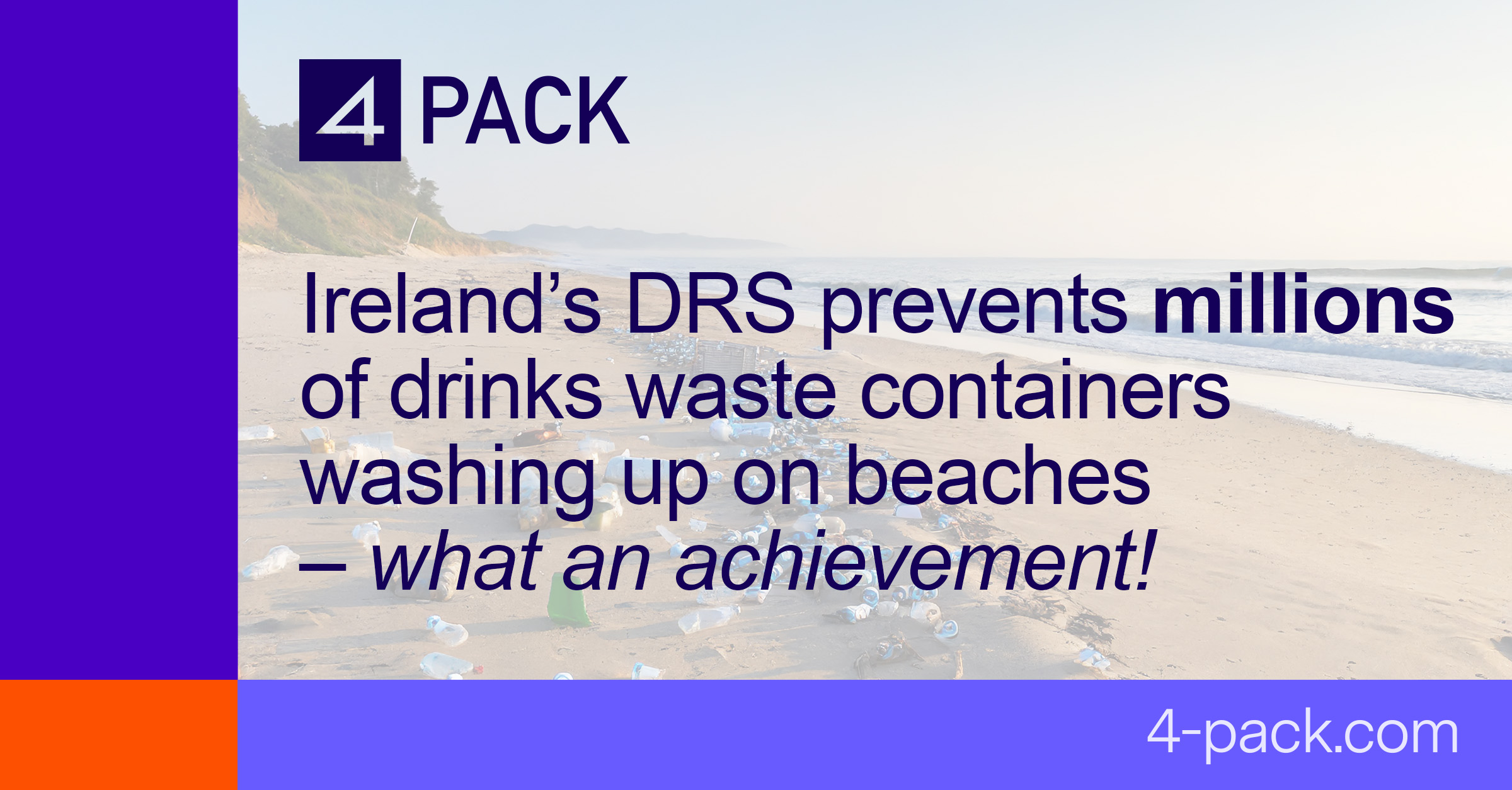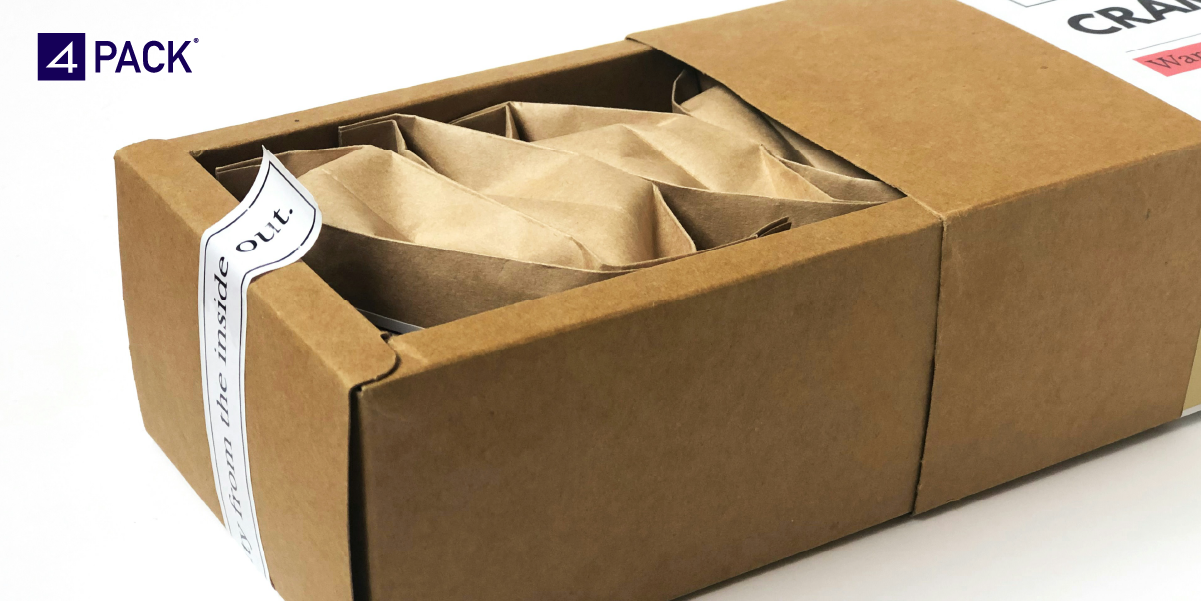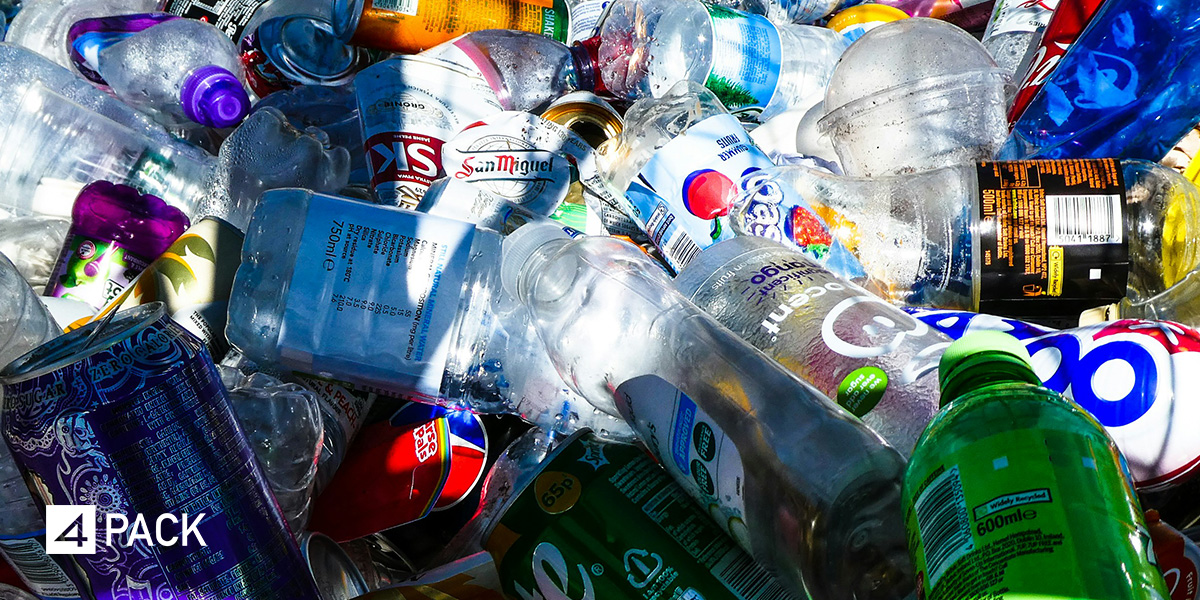It’s been two weeks since the UK left the European Union.
Food labelling regulation will change on 1 January 2021, how prepared are you?
The UK has left the European Union but for the moment we are in a transition period where rules and regulations remain the same as pre-Brexit. This transition period lasts until the end of 2020, so on 1 January 2021 new rules come into place. It is important that your company is ready for these changes. Consequences for non-compliance could include fines and bans on your products entering the EU.
Some of the details for changes are still unknown, for example new certification logos and labels which have yet to be issued by UK government departments or industry bodies. These will appear before the deadline for handover, so it’s important to keep current on any changes as they happen. The best place to do this is on the UK government’s page on Food Labelling Changes after Brexit.
Do you export to the EU?
If so, there may be some changes to make in how you label your products for export. And even if you don’t export to the EU, some of your labelling may need to change, depending on what you currently include.
Previously you could export pre-packaged food to the EU using a UK FBO (Food Business Operator) address – from 1 January 2021 this needs to be an address inside the EU. The normal way to handle this will be by listing the address of your EU importer.
The UK is not in the EU
This may sound obvious, but you can no longer describe your product as “made in the EU” if it is manufactured in the UK. This extends to use of the EU emblem (the “EU flag”) – products made in the UK won’t be able to use it without special permission from the EU.
Geographical Indication
Geographical Indication is a protected designation which can only be used by certified producers to describe their products. Examples from the UK include Scotch Beef, Cornish clotted cream, and Melton Mowbray pork pies. From 1 January 2021 UK producers must use the new regulations for Geographical Indication, which will include a change in labelling.
Organic food labelling
It will still be possible to use the EU organics logo after the transition period for goods exported to the EU if there is an agreement on equivalency of standards between the UK and the EU. There is currently no agreement in place, and it is possible that there will not be agreement on this point, as it would mean the UK effectively having to follow EU standards without having a say in the process.
The other option for retaining EU organics labelling is if your UK control body for organic certification becomes authorized by the EU to certify UK-grown food to EU organic standards.
If neither of these options are available, UK exporters of organic food will not be able to label their food as organic in the EU.
Act now
Manufactures can’t wait until the end of this year. Action must be taken now to ensure a quick and effective response can be put in place once the regulations are fully defined.
With such a lot to keep track of, and to make sure every part of your process is up-to-date and compliant, you need to operate with a single source of truth. This ensures that changes made by any part of the business – legal, design, marketing etc., are all recorded in the same place and that everyone is working from the latest version.
4Pack is designed to do exactly this. The 4Pack system offers integrated PIM, Artwork and Asset Management capabilities providing a robust path to compliance, saving you considerable time and money along the way.
4Pack exists to help Food & Beverage manufacturers and brands of all sizes to push innovative, safer products to market across channels quickly. If you want to turbo charge your product launch process, book a demo with one of our experts.


